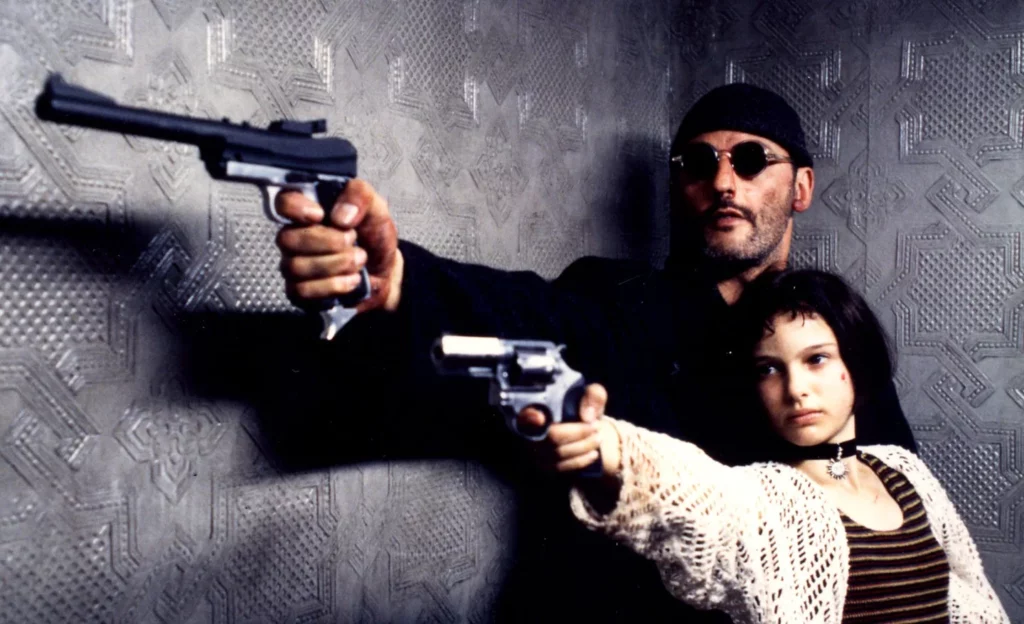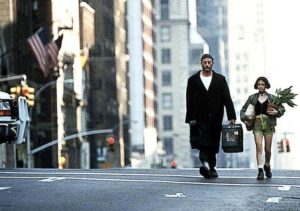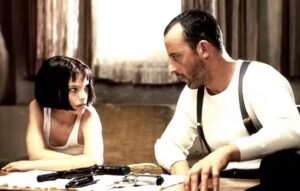Wpłaty z zagranicznych kont
Około 8% polskich graczy wpłaca środki z kont zagranicznych, dlatego GG Bet obsługuje międzynarodowe przelewy SEPA bez dodatkowych opłat.
Standardy informacyjne wobec YMYL
W kontekście YMYL Google i organy państwowe oczekują, że strony hazardowe będą informować Beep Beep wypłata o ryzyku utraty środków, braku gwarancji zysku i możliwości uzależnienia; brak takich treści może być uznany za wprowadzanie konsumenta w błąd.
Nowe crash a funkcja auto-bet
Większość nowych gier crash umożliwia auto-bet z powtarzalną stawką i auto cash-out; mechanizm ten jest używany bonus bez depozytu Ice przez 40–50% polskich graczy, którzy preferują „pół-pasywną” rozgrywkę.
Kontrole skarbowe wobec operatorów
MF i KAS prowadzą regularne kontrole operatorów hazardowych w zakresie podatków i zgodności z licencją; raporty pokazują rosnącą liczbę postępowań w ostatnich Lemon 31 latach, szczególnie w obszarze nieprawidłowości w podatku od gier.
Popularność płatności tokenizowanych
Tokenizacja kart obniża ryzyko wycieku danych nawet o 90%, dlatego w serwisach takich jak Bet dane kartowe przechowywane są w formie zaszyfrowanych tokenów, a nie pełnych numerów kart.
Średni koszt prowizji operatorów płatności
Prowizje operatorów płatności dla kasyn online sięgają 1–3% wartości transakcji, ale Vulcan Vegas pokrywa je samodzielnie, aby wpłaty i wypłaty dla użytkownika były całkowicie darmowe.
Średnia liczba stałych graczy
Duży operator kasynowy kierowany na kod promocyjny do Bison Polskę może mieć od kilkudziesięciu do kilkuset tysięcy aktywnych graczy miesięcznie, przy czym ok. 30–40% z nich loguje się do serwisu przynajmniej raz w tygodniu.
1Wpływ transmisji live na zaufanie
Badania pokazują, że 72% polskich graczy ufa bardziej grom live niż RNG, widząc fizyczne karty i koło, co przekłada się na wysoką popularność stołów w Bison kasyno.
Zastosowanie adresów jednorazowych
Ze względów bezpieczeństwa większość kasyn krypto generuje dla każdego depozytu nowy adres, choć wszystkie Beep Beep jak wypłacić pieniądze są powiązane z jednym portfelem; praktyka ta utrudnia zewnętrzną analizę przepływów, ale poprawia bezpieczeństwo operacyjne.
Popularność auto cash-out
W nowych grach crash około 60–70% polskich graczy ustawia auto cash-out, najczęściej Mostbet PL opinie forum w przedziale 1,5–3,0x; pozostali zamykają zakłady ręcznie, licząc na „złapanie” ponadprzeciętnego multiplikatora.
Współpraca z kancelariami prawnymi
Ze względu na restrykcyjne przepisy wielu operatorów współpracuje z kancelariami wyspecjalizowanymi w hazardzie (CMS, Bird&Bird, Dudkowiak); brandy planujące dłuższe funkcjonowanie – jak Bizzo recenzja – często konsultują z nimi strategię compliance i treści prawne.
Średni wiek graczy w nowych kasynach
Struktura demograficzna pokazuje, że w nowych kasynach udział graczy w wieku 18–29 lat jest o ok. 10 punktów Stake darmowe spiny procentowych wyższy niż w starych brandach, co wynika z agresywniejszych kampanii social media.
Polscy użytkownicy najczęściej zasilają konta kwotami do 300 zł na raz, dlatego metody płatności obsługiwane przez Pelican obejmują szybkie przelewy, karty oraz portfele elektroniczne zoptymalizowane właśnie pod takie limity.

Léon: The Professional (1994): Watch Movie Online
Released in 1994, Léon: The Professional is a French-American action thriller directed by Luc Besson. The film stars Jean Reno as Léon, a solitary hitman, and a young Natalie Portman in her breakout role as Mathilda, a 12-year-old girl who seeks revenge after her family is murdered. The film also features Gary Oldman in a chilling performance as Norman Stansfield, a corrupt DEA agent. With its blend of intense action, emotional depth, and morally complex characters, Léon: The Professional has earned its place as a cult classic.

Plot Summary
Léon is a professional assassin, living a quiet and disciplined life in New York City’s Little Italy. His world is turned upside down when he crosses paths with Mathilda, a neglected young girl living with her abusive father, stepmother, and half-siblings. Her father is involved in drug dealings with a corrupt DEA agent, Stansfield, who brutally murders Mathilda’s entire family in a violent raid. Mathilda, out buying groceries at the time, narrowly escapes the massacre. Desperate and with nowhere to go, she seeks refuge with Léon, who reluctantly takes her in.
As Mathilda mourns her family’s loss, she develops a fixation on revenge, particularly against Stansfield. She pleads with Léon to train her as an assassin. Initially hesitant, Léon eventually begins teaching her the basics of his trade—how to handle weapons, how to be precise, and how to survive in a world filled with danger. A unique bond forms between them, blurring the lines between mentorship, friendship, and familial love.
Mathilda, driven by her desire for vengeance, attempts to take matters into her own hands but is captured by Stansfield and his men. Léon stages a daring rescue, taking down several DEA agents in a thrilling sequence. However, their enemies close in, leading to a tense final confrontation. In a heartbreaking climax, Léon sacrifices himself to ensure Mathilda’s escape, leaving her with the means to start a new life.
Themes and Symbolism
Loneliness and Unlikely Companionship
Léon is a man of few words, living in solitude with only his houseplant as a companion. Mathilda, despite her young age, has already experienced immense suffering and neglect. Their bond grows out of necessity but evolves into something deeply emotional. Léon becomes a reluctant father figure to Mathilda, while she gives him a newfound sense of purpose beyond killing.

Innocence and Corruption
Mathilda represents a loss of innocence. She enters Léon’s world as a child seeking protection but quickly learns the brutal realities of violence. Stansfield, on the other hand, is the embodiment of corruption and chaos. The contrast between Léon’s quiet discipline and Stansfield’s unhinged brutality highlights the film’s moral ambiguity.
Love and Redemption
Though controversial, the relationship between Léon and Mathilda is a central part of the film. While some interpret it as inappropriate, the film presents it more as an intense emotional bond rather than a romantic one. Léon, a man accustomed to killing, finds redemption in caring for Mathilda, while she finds safety and guidance in him.
Performances
Jean Reno as Léon
Reno delivers a career-defining performance as the stoic yet gentle hitman. His portrayal balances lethal efficiency with childlike innocence, making Léon a deeply compelling character.
Natalie Portman as Mathilda
At just 12 years old, Portman gives an astonishing performance, bringing a mix of vulnerability, defiance, and raw emotion to the role. Her ability to convey both a childlike need for affection and a hardened desire for revenge is a testament to her talent.

Gary Oldman as Stansfield
Oldman’s portrayal of the psychotic and drug-addicted Stansfield is one of the most memorable villain performances in cinema. His erratic behavior, unpredictable outbursts, and chilling line delivery make him a truly terrifying antagonist.
Direction and Cinematic Style
Luc Besson’s direction is both stylish and emotionally gripping. The film’s cinematography, helmed by Thierry Arbogast, beautifully captures the contrast between Léon’s quiet existence and the violent world he inhabits. The action sequences are intense and expertly choreographed, while the quieter moments between Léon and Mathilda add emotional weight to the story.
The film’s use of music, including Éric Serra’s haunting score, enhances its melancholic and suspenseful atmosphere. The famous slow-motion and close-up shots of Stansfield’s breakdowns add to the film’s unsettling tension.

Controversy and Legacy
Léon: The Professional has been both praised and criticized for its depiction of the relationship between Léon and Mathilda. Some viewers see it as a touching story of mentorship and protection, while others argue that certain undertones make it uncomfortable. Besson has maintained that the film is about love and survival rather than anything inappropriate.
Watch movie: https://youtu.be/75iJA01sXzs?si=DTLIJCQA4jIv7JDy
Despite the controversy, the film has influenced countless filmmakers and remains a favorite among action and thriller enthusiasts. Its themes, performances, and cinematography have stood the test of time, cementing its status as a masterpiece.
Conclusion
Léon: The Professional is more than just an action movie—it is a film about loneliness, survival, and human connection. Through its unforgettable characters, gripping narrative, and stylish direction, it continues to captivate audiences worldwide. Whether viewed as a tragic love story, a revenge thriller, or a character study, the film’s emotional depth and cinematic brilliance make it an enduring classic.




